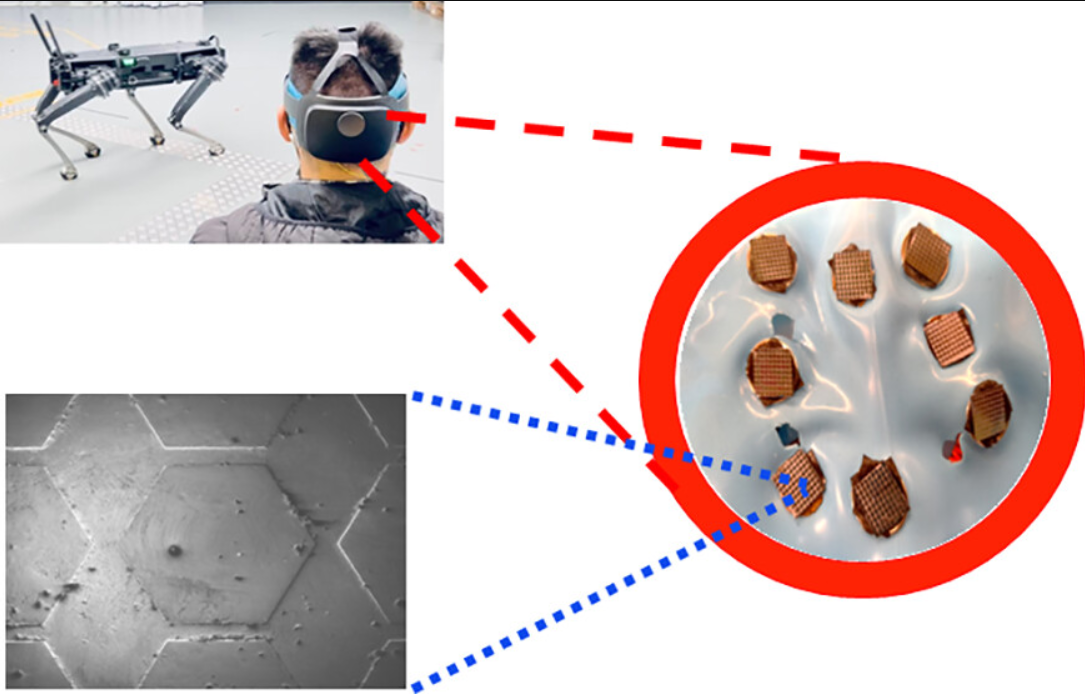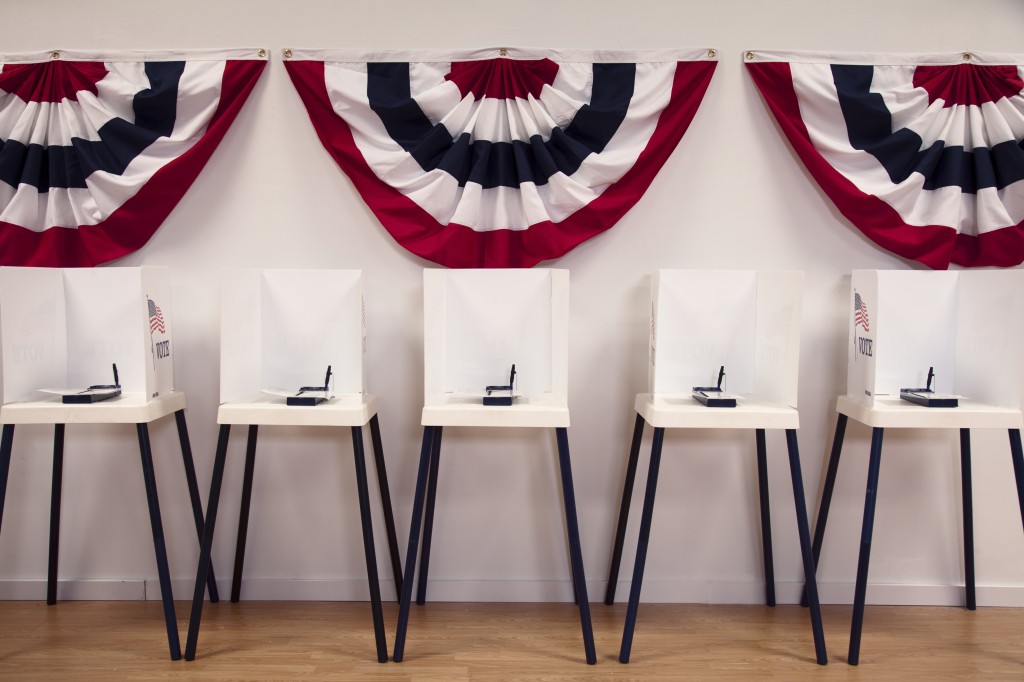Modi's overwhelming victory in 2019 secured his Hindu Nationalist Party, BJP, an outright majority for the second time in a row-- something quite rare in India. Modi, at that time, had turned the elections into a referendum on himself (as strongmen politicians tend to do) with his face featured prominently in most of the local candidates' campaigns. But how has Modi and his BJP used its power since that resounding victory? What is the state of democracy in India now? Here are a few policy changes and trends worth noting since 2019.
--Modi escalated tensions with Pakistan over Kashmir, where India and Pakistan had exchanged airstrikes during the 2019 BJP campaign. The decades long conflict with Pakistan over Kashmir has, under Modi, heated up and come to represent his Hindu Nationalism and anti-Islamic worldview. Once re-elected, Modi unilaterally revoked Kashmir's semi-autonomous status and imposed a media/internet blackout on Kashmir doubling down on his strongman approach to the state. Scrapping the constitutional article that gave Kashmir-- a Muslim-majority state-- it's semi-autonomous status provoked Pakistan to threaten war in one of the world's hottest nuclear flashpoints. Modi then addressed the nation in a speech declaring that the regions in question in Kashmir will now be considered "Indian union territory," which means the Indian gov't will exert much more control over the everyday lives of denizens of the region. In preparation for violence, after the announcement, India sent thousands of troops there, closed schools down, cut internet service, and placed some of the area's political leaders and journalists under house arrest. https://www.nytimes.com/2019/08/05/world/asia/india-pakistan-kashmir-jammu.html All of this was cause for mass celebration among nationalists who belong to India's 80% Hindu Majority-- nationalists with a "Hindu First" agenda.
--A few months later, in December of 2019, new citizenship laws were passed which fast track immigration for asylum seekers from neighboring countries AS LONG AS THEY ARE NOT MUSLIMS. The "anti-Muslim Bill," as it is called, has further inflamed Muslim/Hindu relations. Details on it are available here .
-- More recently, upping the ante, Modi threw his weight behind The Kashmir Files, a 2022 Hindu Nationalist Bollywood movie that falsely alleges that in the 1990s, 4,000 Kashmiri Pandits (Hindu Brahmins ) were killed by Muslims who live in the Muslim-majority region. "All of you should watch it," said Modi at a parliamentary meeting last year, adding, "The film has shown the truth which has been suppressed for years." https://www.worldpoliticsreview.com/modi-india-hindu-nationalism-film-industry-bollywood-kashmir-files/ The opening credits of the film includes the disclaimer, "This film does not claim accurateness [sic]" https://www.aljazeera.com/opinions/2022/4/13/the-dangerous-truth-of-the-kashmiri-files
-- A 2022 report on press freedoms in India by the World Press Freedom Index ranked india 150th out of 180 nations-- an 8 notch decline from the preceding year which was already abysmally low. According to the report, India is "one of the most dangerous countries for the media [characterized by] police violence, ambushes by political activists and deadly reprisals by criminal groups or corrupt local officials.” The report goes on to state:
"Supporters of Hindutva, the
ideology that spawned the Hindu far right, wage all-out online attacks
on any views that conflict with their thinking. Terrifying coordinated campaigns of hatred and calls for murder are conducted on social media, campaigns that are often even more violent when they target women journalists, whose personal data may be posted online as an additional incitement to violence. The situation is also still very worrisome in Kashmir, where reporters are often harassed by police and paramilitaries, with some being subjected to so-called “provisional” detention for several years." (Source: https://rsf.org/en/country/india )
"The world's biggest democracy," is fast morphing into some kind of religious ethno-state. The bad news is, Modi and the BJP remain incredibly popular in India. The democratic backslide into fake populist movements that thinly conceal outright authoritarian trends is a global plague. From time to time, it's worth comparing our situation in the US to those in other key nodes of the new authoritarianism. After all, CPAC has gone international in the past year alone, setting up confrences and chapters in both Hungary and Brazil. Steve Bannon and others from Trump's circle advise and/or meet with politicians ranging from Bolsinaro to France's Marine Le Pen to Italy's formerly pro-Mussolini PM, Giorgia Meloni. I believe we are seeing an increasingly coordinated international movement which targets Liberal Democracy not only at the domestic but also the global level. While there's a lot that could be improved regarding the "liberal international order" (or what's left of it) and many nominal democracies of the world, I shudder to imagine a world in which these bigoted new authoritarians replace flawed democracies one after the other. In the future, I'll try to do intermittent updates on other trouble spots like Hungary, Poland, Turkey, Brazil and other countries facing the threat of new authoritarianism disguised as patriotic populism.



